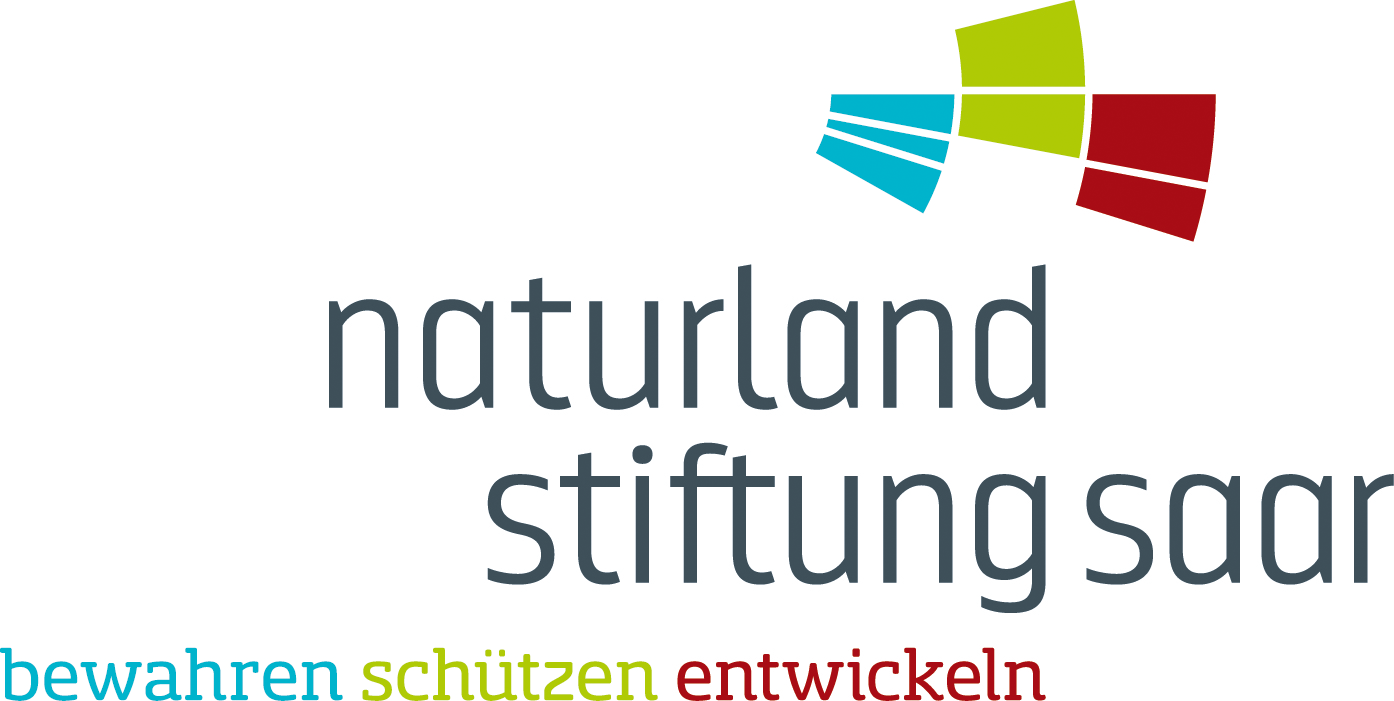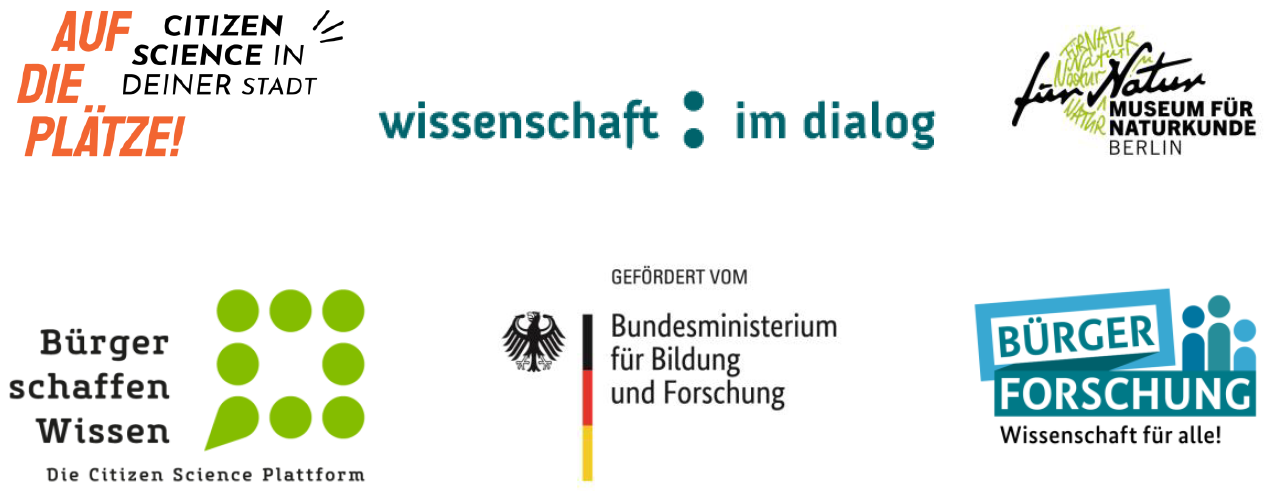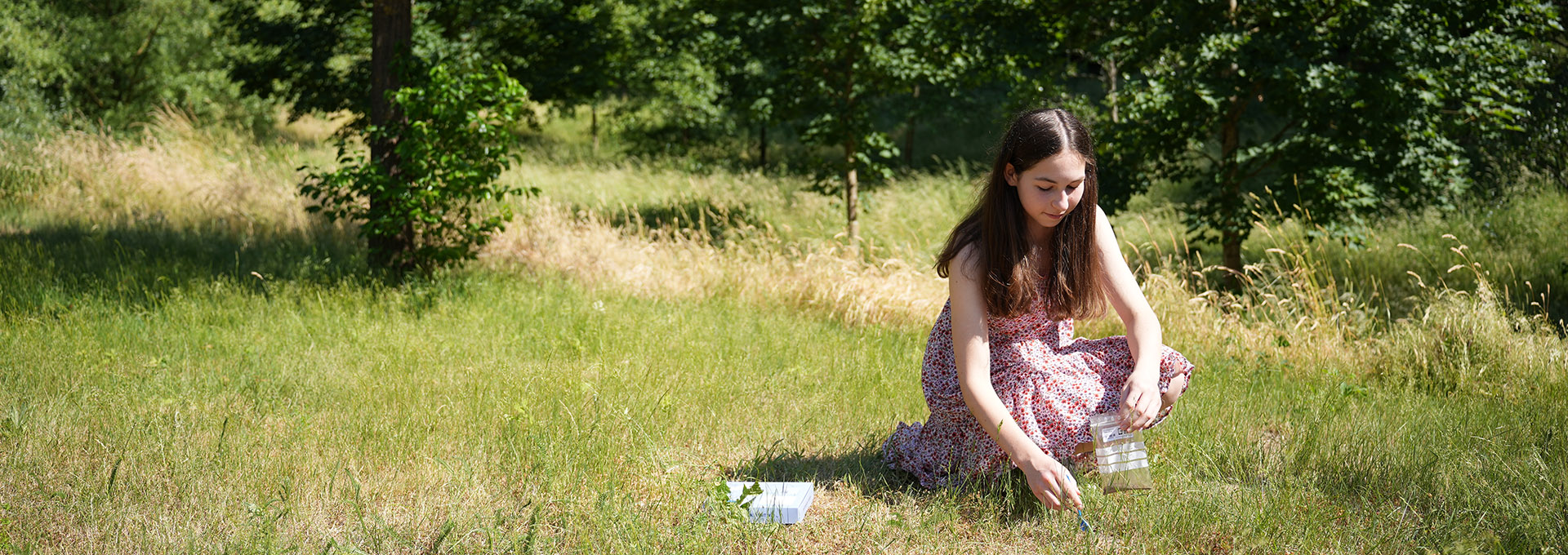Commonly asked questions and answers
Is this the same project as the "Sample das Saarland" campaign?
Indeed we startet in 2017 using the motto "Sample das Saarland" to motivate mainly inhabitants of the Saarland region in Germany to send us soil samples. Saarland is the home region of the HIPS, which is located in Saarbrücken. As of 2022 we ask everyone in Germany to contribute soil samples. In the summer of 2022 our citizenscience campaign was also part of the MS Wissenschaft exhibition. Since summer 2023 our project has the new title MICROBELIX to emphasize the development,
Microbial treasures - does that mean I can get rich?
Short answer: No. However, the scientists at HIPS not either! It takes a lot of research to get from a new bacterium to a potentially applicable drug. This route lasts many years and it is impossible to say anything about the success prospects at the time of sampling. The use of soil samples, however, contributes to increasing the chances that one day an interesting active ingredient may be found, which is derived from a soil bacterium out of your garden.
What would I get from sending a soil sample?
Above all, the good feeling to have made an important contribution to basic scientific research. The microbial biodiversity in soil is a topic that can only be explored with the help of soil samples from as many different natural environments as possible. We also prepared several surprises and will reward the most exciting soil sample with a special gift...
Would I know if something has been found in my sample?
Yes! Each sample collector who has registered with email address will receive a short report if we could identify a typical soil bacterium in the sample. However, the soil samples then undergo very long-term tests and analyzes, and we ask for your understanding that we can not provide detailed information on any results that may be achieved in years. Especially interesting finds will be presented on this website from time to time.
Can I send soil samples from "somewhere else"?
The goal of the current project is to collect soil samples from as many places as possible in Germany. In principle the HIPS scientists also like to analyze samples from other interesting places. However, we can only process soil samples from Germany at this time. There are international agreements, e.g. The Nagoya protocol, which makes it too complicated for us to research samples from places around the world.
What is the sample-kit and where can I get it?
The kit for the collection of soil samples can be obtained in the afternoons at the HIPS on the campus of the University of the Saarland, building E8.1, at the secretariat on the 3rd floor. Also some pharmacies in the Saarland distribute the sets, or we mail it to you if you fill in the form on this page. Clubs and schools can contact us to get sets. Included in the sample collection kit are lab materials to assist in clean sample collection and safe transport of the soil sample. There is also an already stamped envelope, as well as the sample guidelines and sample identifier, which helps us to register the entered material in the HIPS database and to assign it to a certain location.
Can I also send the samples without the sample kit?
If absolutely required, yes - but it will be harder for microbiologists to deal with this sample. If you are at an extremely exciting place and do not have a sample collection kit, you can also fill sample material in a clean plastic bag and send us. Please, however, do not touch the sample (will result in contamination) with the fingers, close the sachet tightly and always send an ✉ email message so that we know about the dispatch of your sample.
What happens with samples at HIPS?
The soil samples undergo a complex analysis procedure, carried out by our microbiology experts in the HIPS lab. First of all, all kinds of other micro-organisms, such as mites, fungi, amoebae and many common bacterial species, must be removed, in order to "extract" the most interesting soil bacteria from the sample. Then it is the task of microbiologists to identify new bacterial species. Chemists and pharmacists then investigate whether these bacteria can produce interesting drugs.




